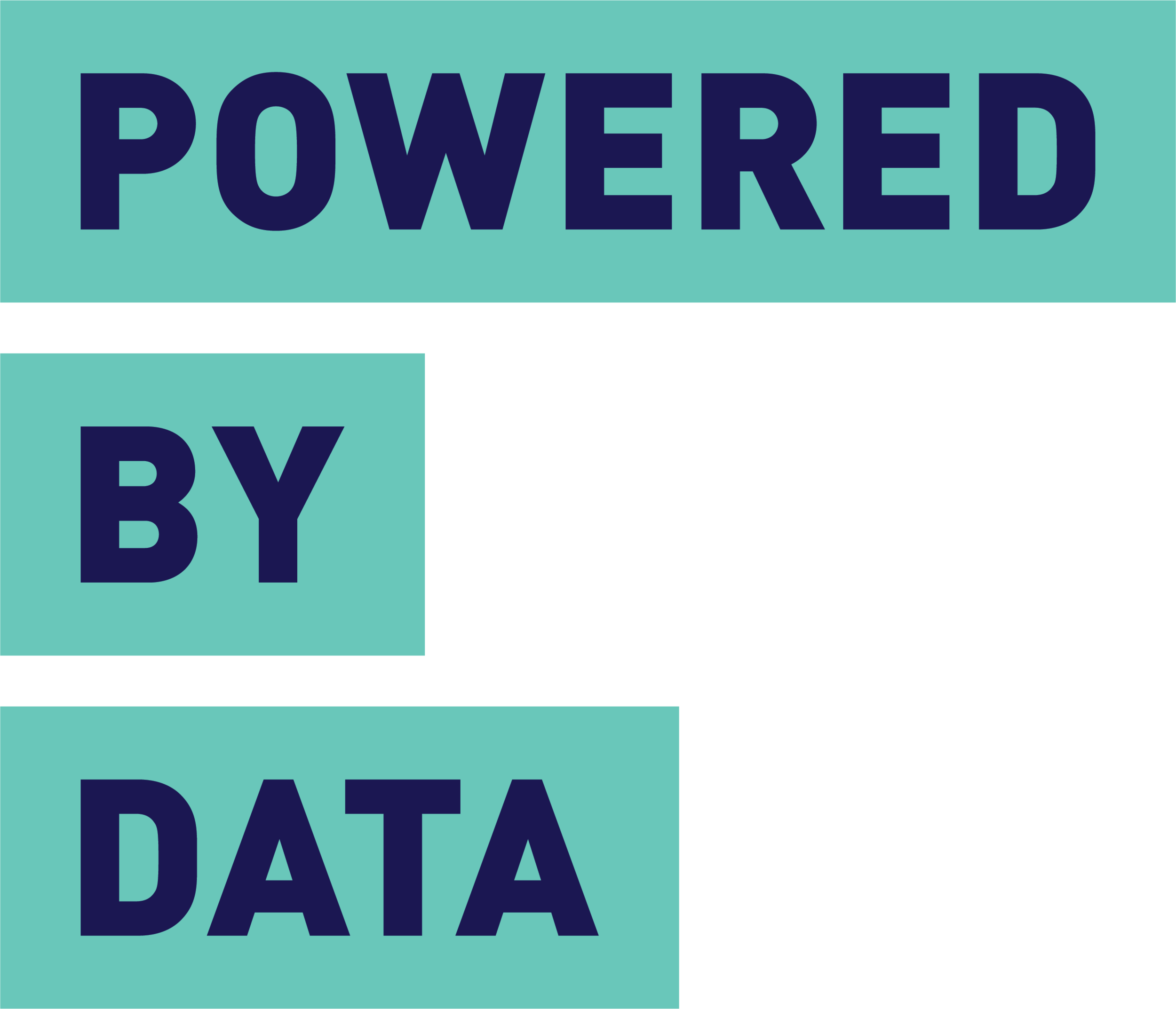Empowering Through Open Government: Our latest work with Canadian Heritage
Our latest report, Empowering Through Open Government, provides a new set of recommendations for Canadian Heritage’s open government plans. This work is based on a second stage of consultations with key stakeholders, and suggests best practices for aligning the department’s open data activities with its ongoing digital transformation work.
This work is a follow-up to our initial consultation for Canadian Heritage in 2016, which informed the department’s open data plans—identifying priority data sets through stakeholder outreach, capacity building, and consultation.
The new report summarizes interviews with users of Canadian Heritage’s open data and digital services—funding recipients, researchers, and associations and agencies. Key use cases were identified for grants and contributions data, research statistics, and digital web services across different user types.
Aligning open data and digital services strategies
When developing data strategies for clients, we explore ways these strategies can be integrated with existing organizational goals. For this consultation, there was a clear alignment between Canadian Heritage’s open government strategy and the department’s concurrent work on digital transformation.
What did this alignment look like? Open data sets, on their own, have little value if they are not being used. Canadian Heritage has a timely opportunity to leverage its ongoing digital service updates to optimize the utility and discoverability of open data and information to their stakeholders. This could include more proactive digital communications to increase discoverability of new datasets, or interactive web tools that enable users to easily explore open datasets and gain new insights from them.
In order to best meet user needs, we recommended that Canadian Heritage:
Create an “open by default” culture by publishing an inventory list of all data/information holdings—including datasets released through other channels, those that will be made open in the future, and those that have restricted access. This would enable potential data users to better understand which datasets could be useful for them.
Make open data more findable by considering how end-users might discover datasets; options could include communicating newly released datasets on email lists, or publishing datasets on more popular pages such as open.canada.ca
Make open data easier to use by providing accompanying data dictionaries, example analyses, and/or data exploration tools built from existing open datasets
Leverage digital transformation to simplify user experience and make compliance for funding applications easier by implementing initial low-touch online interactions to screen potential applicants before engaging them in more onerous requirements
Learn how we can help develop a data strategy for your organization.
Our consulting work is ongoing. Learn more about our services, or start developing your data strategy now by getting in touch with our team directly here.

